The Benefits Of Repiping Your Home
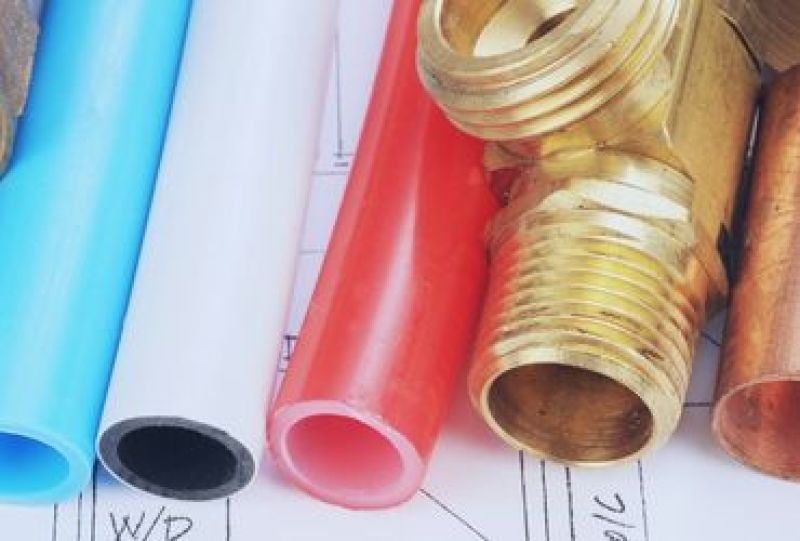
If you’re a homeowner, it’s likely that you take pride in having a beautiful and well-maintained home. You may even go to great lengths to ensure your property is running properly and efficiently throughout the year. However, have you ever considered the importance of repiping your home?
Repiping is an often overlooked procedure that can have numerous long-term benefits for homeowners. This process involves replacing the existing pipes in your home with new ones – usually made of copper or PVC – which can improve many aspects of your household. From energy efficiency to water quality, there are countless advantages associated with repiping your home.
In this article, we will explore all of the potential benefits of repiping your property. We’ll discuss why it could be beneficial for both short- and long-term needs, as well as how to decide if now is the right time for you to undertake this project in your own home. Keep reading to learn more about the potential rewards that come with repiping!
Definition Of Repiping
Repiping is the process of replacing the existing pipes of a home or building with new ones. It’s usually done when the old plumbing has outlived its usefulness and become too unreliable. Repiping can be done with copper, PEX, or other materials depending on the job. The process involves removing all of the existing pipes and installing new ones in their place. This can involve running new pipes throughout the entire home or just certain areas. It’s important to choose a reliable contractor for repiping to ensure that the job is done well and that your home is safe and free from potential problems.
Repiping can bring many benefits to a home such as better water pressure, improved safety and efficiency, and decreased maintenance costs. Replacing old pipes eliminates potential leaks due to corrosion which could lead to expensive repairs down the road. Newer pipes are also more efficient at moving water through them than older ones, resulting in better water pressure throughout your home. Additionally, newer piping systems require less maintenance over time which can save you money in the long run.
So if you’re looking for a way to improve your plumbing system and make it more efficient, repiping may be worth considering. You’ll be able to enjoy greater peace of mind knowing your home is safe and secure while also saving money in the long run by avoiding costly repairs down the line. With so many advantages, it’s no wonder why repiping is becoming an increasingly popular choice among homeowners today.
Advantages Of Repiping
Have you ever experienced low water pressure, discolored water or strange noises coming from your pipes? These are all signs that it may be time to repipe your home. Repiping offers a number of advantages for homeowners and is a great way to ensure the safety and longevity of your plumbing system.
The primary benefit of repiping is that it will improve the performance of your home’s plumbing system. By replacing old, damaged pipes with modern, corrosion-resistant piping materials, you can experience better water pressure and fewer issues with clogs and leaks. Additionally, new pipes are designed to withstand extreme temperatures and last longer than their older counterparts. This means that you won’t have to worry about frequent repairs or replacements in the future.
Another advantage of repiping is improved water quality. Old pipes can contain harmful bacteria or lead particles that can contaminate your drinking water supply. By installing new pipes with modern materials such as copper or PVC, these contaminants can be eliminated and you can enjoy clean, safe drinking water in your home.
Repiping also helps reduce energy costs as newer pipes are designed to be more energy efficient than their antiquated counterparts. By using less energy to run through the plumbing system, you can save money on utilities while also reducing your carbon footprint. Plus, if done correctly by a professional team of plumbers, repiping should not take very long at all!
Types Of Pipes Used
Now that the benefits of repiping your home have been discussed, the types of pipes used in repiping must be considered. There are many materials available for plumbing, each with its own set of advantages and disadvantages.
The most common types of pipes used for repiping are copper, plastic, and PEX tubing. Each of these has certain costs associated with them and different levels of durability.
- Copper: This material is one of the oldest types of piping materials used in plumbing systems. It is generally more expensive than plastic or PEX but is known for its durability and resistance to corrosion.
- Plastic: This type of pipe is usually made from PVC or ABS plastic. It is usually less expensive than copper and can last up to 40 years when properly maintained. However, it is not as resistant to corrosion as copper and requires special fittings for installation.
- PEX Tubing: This type of tubing is made from a flexible material called cross-linked polyethylene (PEX). It is relatively inexpensive compared to other types of piping materials, easy to install, and resistant to corrosion. It also offers better insulation properties than other materials which helps reduce energy costs.
No matter which type of pipe you decide to use for your repiping project, it’s important to make sure it meets local building codes and any applicable standards set by your local municipality or water authority. All types have their own pros and cons so it’s important to do research on each one before making a decision on which one you will use for your project.
What To Consider Before Repiping
Before considering repiping your home, there are a few elements to take into account. It can be an overwhelming process with long-term implications, so it’s important to think through all the angles. From budgeting and material costs to potential legalities and safety, there are plenty of factors that should be weighed.
First and foremost, you want to make sure that any repiping project is done correctly and safely. Depending on the type of pipes being used, you may need the assistance of a professional plumber or contractor who is certified in that specific piping material. Additionally, if you live in a state or city with local regulations regarding pipe installation in residences, they will need to be followed as well. It’s also important to factor in any permits required from local authorities prior to beginning work.
Finally, it’s wise to research different materials available for repiping. Not only do certain types of pipes have different costs associated with them – including labor costs – but their lifespan varies too; some may last longer than others depending on their intended use and conditions. Taking time to understand the pros and cons of each option can help ensure that you make the best decision for your home’s needs now and into the future.
Cost Estimates
When it comes to repiping your home, one of the most important considerations is cost. Fortunately, repiping can be surprisingly affordable for most homeowners and makes a great investment for your home.
The price of repiping depends on a variety of factors, including the age and size of your home, the type of piping used, and any necessary repairs or upgrades that need to be made. Generally speaking, however, you can expect to pay an average of around $2,500 – $4,000 for a full house repipe project. If you’re only replacing certain sections of piping or just upgrading old pipes with more durable ones, then you may end up paying less than that.
Ultimately, repiping your home can be a great investment in the long run since it can help reduce water bills and prevent plumbing problems down the road. Depending on your individual situation and budget needs, repiping could be a great way to save money in the long term while also protecting your family’s health and safety.
Professional Services Required
Moving on, when considering professional services required for repiping your home, it is important to ensure that the plumbing contractor you hire is qualified to handle the job. They should be licensed and insured, as well as knowledgeable about all aspects of the project. This includes being familiar with local codes and regulations, as well as understanding how to work with existing piping materials. Additionally, they should be able to provide an estimate of the cost of the project before starting any work.
When selecting a contractor, it is important to ask for references from past clients and read reviews online. This will help you get an idea of their experience level and professionalism. It is also wise to inquire about warranties on their services and products. Furthermore, make sure that they are willing to provide a detailed list of materials used in the project so that you can compare prices and quality before committing to the job.
In summary, choosing the right plumbing contractor for your repiping project is essential for its success. Make sure that you consider all factors involved such as credentials, experience level, pricing estimates, warranties and references before making your decision. Doing so will ensure a smooth process and successful outcome.
Finally, if done incorrectly, repiping can lead to water damage or mold growth throughout your home. Poorly installed pipes can cause leaks which can quickly turn into bigger problems if not taken care of right away. Therefore it’s important to make sure that you hire an experienced professional who has knowledge and expertise in this area of plumbing repairs.
Maintenance And Repair Of Pipes
Maintaining and repairing your home’s pipes is an important part of keeping them in good condition. Replacing old pipes can help prevent potential problems from occurring due to age, like leaks or clogged drains. Here are some of the benefits of regular maintenance and repair:
- Improved Water Quality: By replacing old pipes with new ones, you can improve the quality of the water flowing through them. This will not only provide better tasting and smelling water, but it can also help protect your family from any harmful contaminants present in the water supply.
- Increased Energy Efficiency: Old pipes may be more prone to leaking, resulting in wasted energy as well as higher utility bills. Newer pipes can be better insulated and more efficient, helping you save money on energy costs over time.
- Reduced Risk of Damage: Replacing old plumbing can reduce the risk of damage due to wear and tear over time. This may include issues such as water damage to walls or mold growth due to poor drainage. Regular maintenance and repairs can help keep these issues at bay.
By investing in maintenance and repairs for your home’s pipes, you can enjoy a variety of benefits that will give you peace of mind knowing that your plumbing system is functioning properly. It may even add value to your property if done correctly by a professional plumber. The cost associated with regular maintenance and repairs may be worth it in the long run when compared with costly damage caused by neglecting your plumbing system!
Final Considerations
Now that the maintenance and repair of pipes is complete, it’s time to look at the benefits of replacing those pipes. Replacing old and worn-out pipes can be a great way to improve your home’s plumbing system, as well as provide numerous other benefits.
One of the biggest advantages of repiping a home is increased energy efficiency. Newer pipes are able to better insulate water, helping reduce energy loss and keeping energy bills low. It also reduces the risk of leaks, which can cause costly damage to the home or surrounding property. In addition, with newer pipes come improved water pressure and flow, letting you enjoy better showers and water faucets.
Repiping also has aesthetic benefits too; new piping will give your home an updated look while making it easier to keep clean. You’ll no longer have to worry about rust or corrosion on your walls or floors from older piping material.
TIP: Invest in professional repiping services for the best results! Make sure they use high-quality materials so you can get the most out of your investment in repiping your home.
The Benefits Of Repiping Your Home
Repiping provides an opportunity to update your home with modern materials, increase water pressure and flow, and reduce energy costs. Investing in repiping now can save you money in the long run by preventing costly repairs from leaks or burst pipes. It can also help you avoid health risks associated with old pipes.
Overall, repiping is a great investment for any homeowner looking to upgrade their plumbing system or reduce costly repairs in the future. The peace of mind that comes with knowing your plumbing system is up-to-date is worth every penny spent! You can not stress enough how important it is for homeowners to stay on top of plumbing maintenance and consider repiping when necessary.
Other Blogs You May Be Interested In

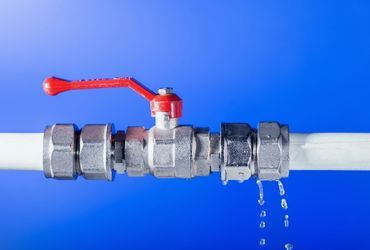

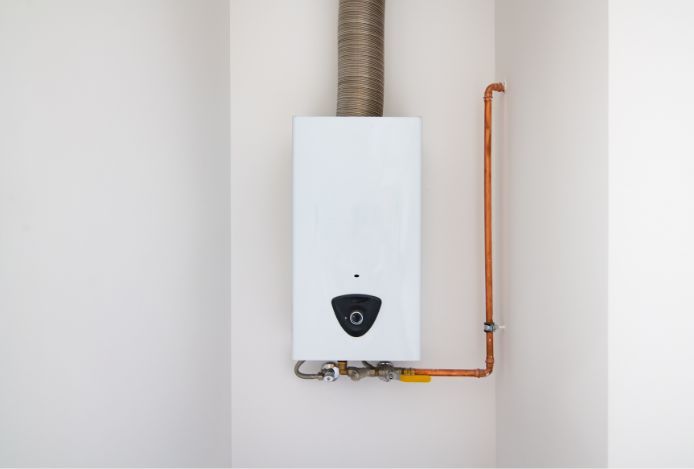
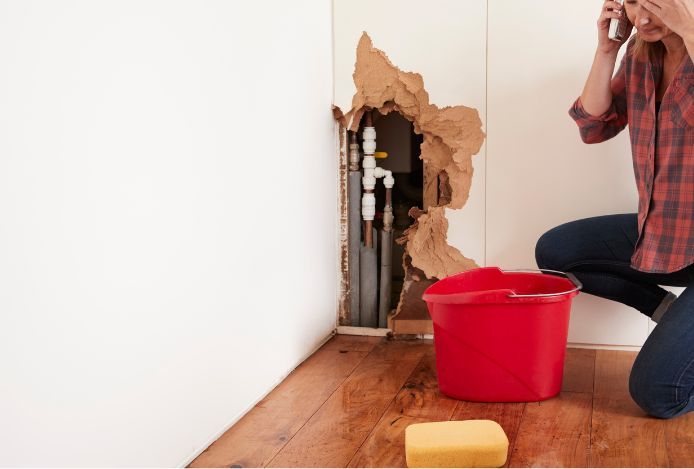
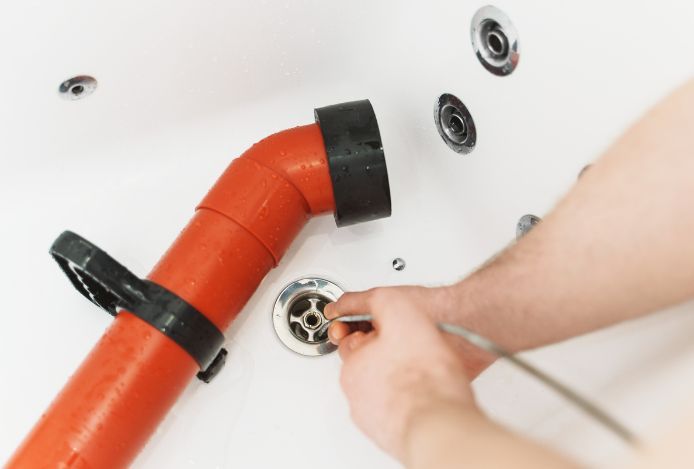
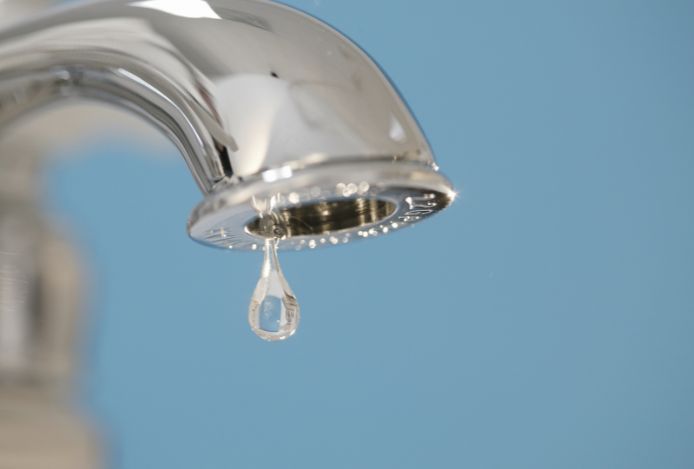
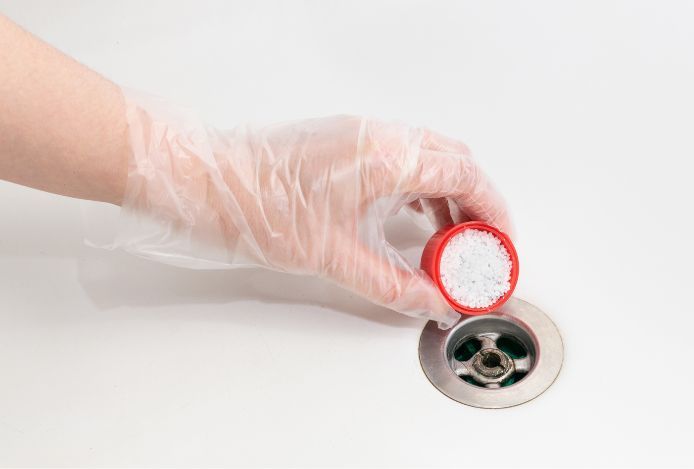
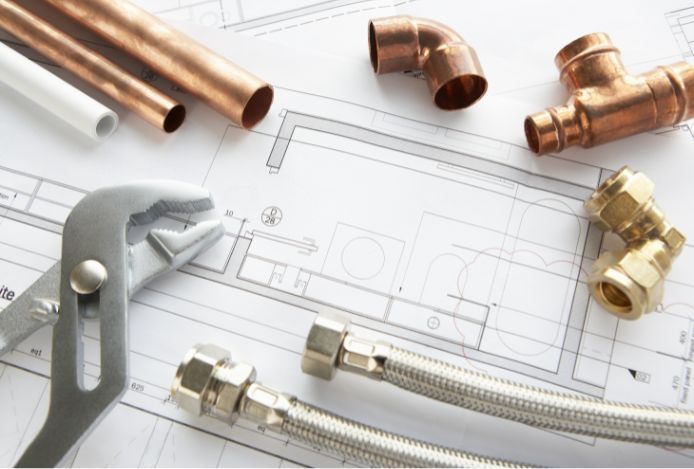

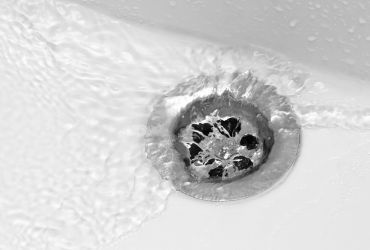
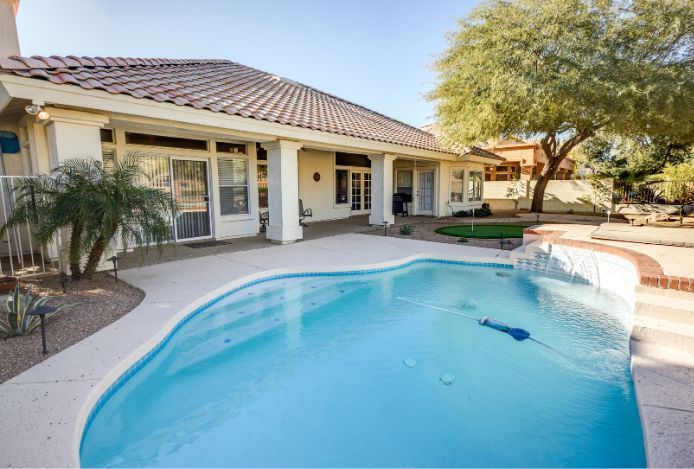
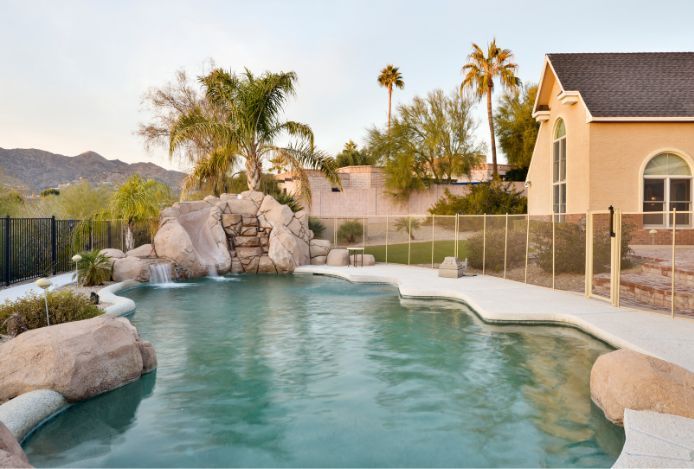
Leave a Reply